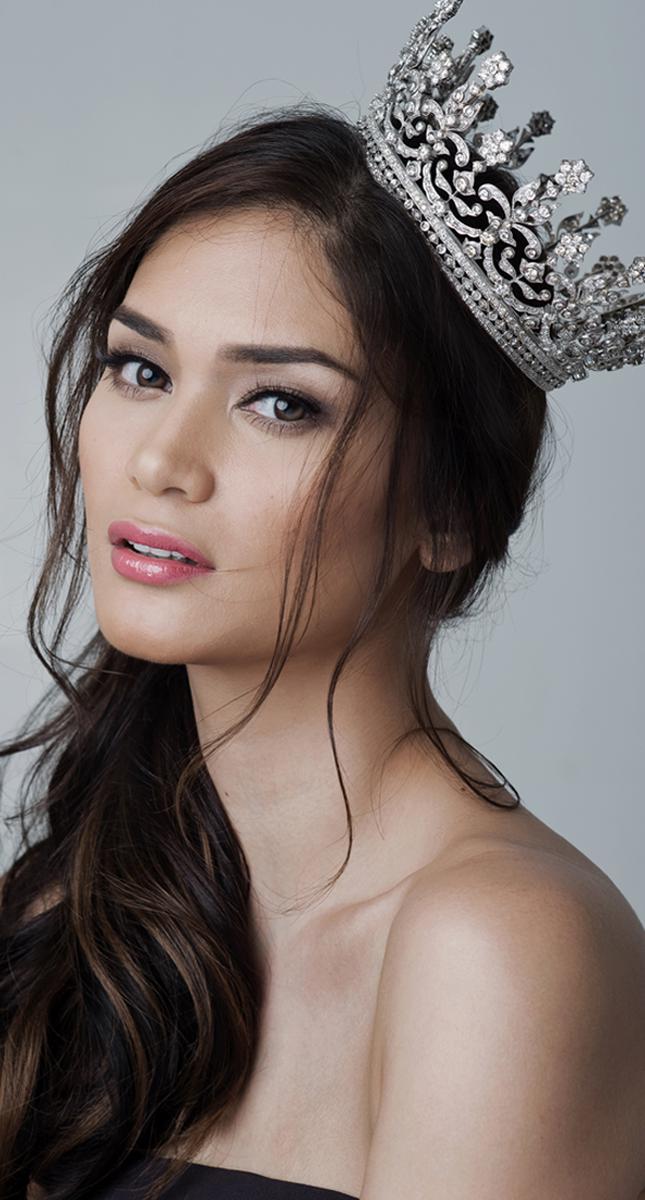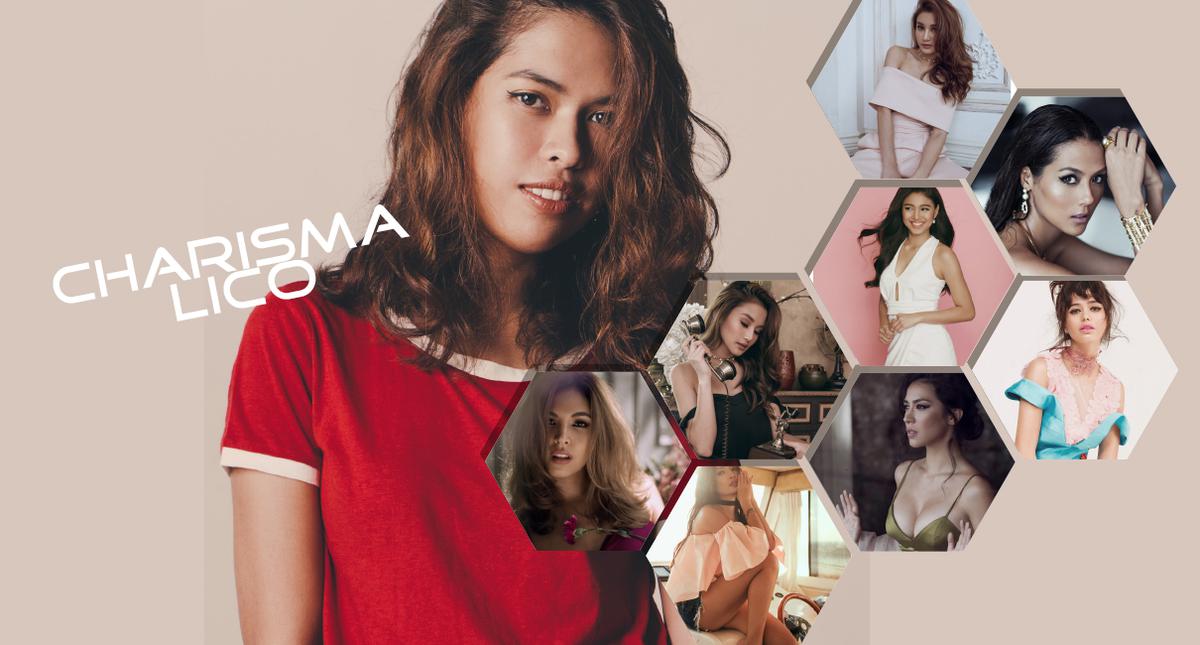To give us some insight on the world of professional photography, we got a little time to speak with one of Sony’s brand ambassadors, renowned fashion and commercial photographer Charisma Lico, to learn more about the art and profession of photography.
In the course of our time here in the magazine, we’ve come across people who have gone professional either as a clear plan, or were sort of drawn into it. Which of the two do you feel reflects your own path?
I honestly don’t know what I would be doing for a living if I weren’t a photographer. I wouldn’t be answering these questions right now, that’s for sure! Kidding aside, I have always loved creating art since I was little and eventually, photography became my favorite medium for expressing it. Taking photos has been my fascination since High School, which led me into taking up Fine Arts in college and allowed me to continue my passion for photography by producing my own shoots my friends have time, Eventually, some people noticed it, and hired me to shoot for them until it became what I was. When I graduated, I decided to pursue it. I applied apprenticeship under Xander Angeles and fortunately became a part of his team. Through constant shooting, magazine and client shoots became more regular.
A surprising number of people believe that photography is a simple matter of pointing your lens at the subject and hitting the shutter. Could you let our readers what kind of preparation you need to take such photographs as you do?
While one can easily produce an Instagram-worthy photo especially with the help of different photo-enhancing-applications, but there is a huge difference between a photographer and a good photographer. It is up to the person’s drive to decide what he wants to be. If one is aspiring to be a good one, well nothing good comes easy. People are basically given gifts and potential can be easily spotted, but to be good at something requires time and perseverance and would include failures and rejections along the way. No one is born great, great people work hard to develop and let themselves grow. Professional photographers make photography look easy because it is our job to provide and deliver easily with quality during shoots, and to be able to develop that skill, it would demand hard work and constant practice.



As a fashion photographer—a photographer who basically takes photos of people, aside from knowing lighting, post-processing, and other technicalities that are involved in shooting, I’m required to have knowledge about fashion itself, make up, hair, set design and art direction, because the photographer is still the captain of the ship, and must have an eye for details.
Aside from those who think photography is a simple point and shoot affair, there are others that think it’s the hardware that makes the photographer. How much does your hardware matter, and just what does the kind of equipment a pro uses allow a photographer to do?
Having a great tool is a great help in the creation of good photographs, no doubt. But I can’t say that it is the hardware that makes the photographer. Talent and skill would define a photographer’s capabilities. Having a bad-ass car doesn’t necessarily make one a good driver, and same goes with photographers. Having fancy equipment is a bonus. But if a photographer is skilled and equipped with high-quality tools, it is a good bet that they will be able to deliver a fantastic performance.
Based on my personal experience, since it started out as a hobby, my idea is pretty simple when it comes to this matter. I would only consider upgrading if the situation calls for it. Investing on quality equipment such as camera, lenses, lights and computer is really worth it especially if to be used professionally. Since my last upgrade and switch with Sony, I don’t think I will ever go back to using my old equipment considering the comfort I have with my equipment right now. Though I still have a lot in my list to buy in the future, we’ll get to that.
That being said, where would you recommend a budding photographer should start, equipment-wise?
It really depends on one’s means and what they to achieve. If an aspiring photographer is really dedicated in shooting and intends to make it their profession someday, then I would suggest investing in a quality camera, various lenses, and lights, depending on the type of photography that he wants to focus on. I started out working for small clients equipped with a camera with an aps-c sensor, a 50mm and a kit lens, two external flashes with umbrella, an improvised honeycomb and cheap studio lights then eventually realized that I must upgrade due to the clients’ demands. If mirrorless cameras were a thing back then, I would definitely get myself an A6300 from Sony, which can be very handy especially in shooting outdoors. The quality it produces is just as great or even better than what other DSLRs could provide. The colors and sharp details amazes me. I even tried using it for commercial use and clients were happy and greatly satisfied about it!
In a heavily saturated market, how do you make your photographs stand out?
Train your eyes – Having taste is very essential in shooting fashion, you should have a standard for beauty. Know if something is passable or not. Have the eye to curate the things in your shoot.
Create your own signature – When a photographer is starting, it would help to own a style because that is what will separate you from other aspiring photographers. This is how people are going to remember you. Having personal style is a journey more than a destination. It may evolve as an artist’s taste change. Developing or owning a signature look is only effective when you are trying to introduce yourself to the industry, but you should not stick to it. Still try and learn different photography techniques. As you progress and market yourself to different clients, versatility is essential in order to deliver to the demands of the clients.
Consider the overall impact while editing – A photograph’s treatment says a lot because it dictates the mood and it can add character to your images. It doesn’t have to be overly Photoshopped, just the right amount treatment needed for enhancement or for the image to reach its full potential.
Based on your own journey, what wisdom can you impart to those looking to go into the craft?
This is not really just for starters but a reminder to myself and fellow photographers who are striving to contribute more in the industry we’re in. I’ve realized that we must never stop creating good work and to be always willing to change and learn new things. Sometimes, despite our hard work and best efforts, we still continue to face criticisms, rejections and other challenges and we must consider it to only be part of our training. When things get tough, go back and try to remember the reason why you started doing it. It should never cause us to stop for we only fail when we stop trying.
Also published in September Issue 2016
Words by Ren Alcantara
Photography by Charisma Lico
